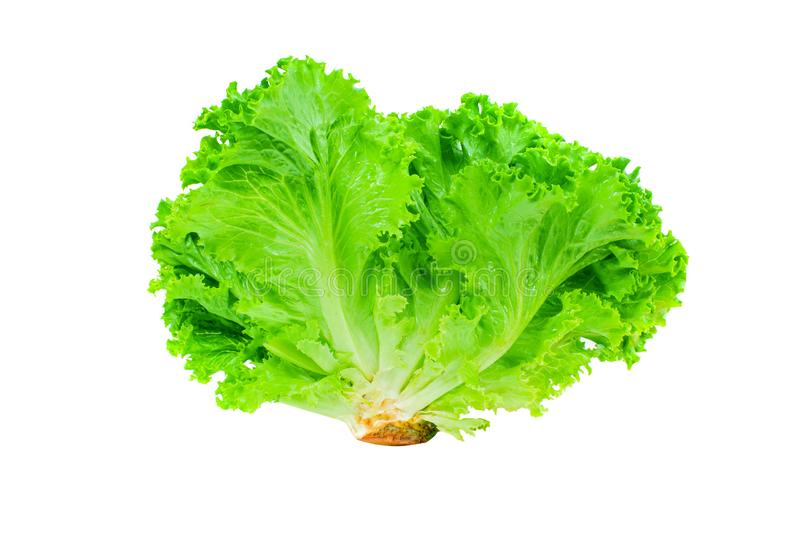We are what we eat, the saying goes. But can we cure our ailments with food?
From boosting bone health and vision to easing headaches and colds, vitamin-rich superfoods are said to fix it all.
Although there are no ‘magic or miracle foods’, some, in combination, could act as a natural health boost, experts say.
Sardines for bone health
BBNaija’s Phyna: How someone close to me poisoned my food
Food security is national security
Sardines may be small, but the oily fish is full of omega-3 fatty acid.
A 100g portion of the fish, which can be eaten fresh or from a tin, contains 3g — making it one of the richest sources of healthy fat.
Studies have shown that omega-3 fatty acids reduce the risk of suffering a fracture and decrease bone loss.
The tiny fish are also packed with vitamin D, with 4 micrograms (mcg) per 100g portion — around a third of daily recommended intake.
This vital vitamin is key for bone health. It regulates the amount of calcium and phosphate in the body, which are needed to keep bones, teeth and muscles healthy.
And the bones of the fish are packed with calcium, which further bolsters bone strength, according to registered dietitian Dr Duane Mellor at Birmingham’s Aston University.
Coffee for headaches
In moderation, coffee can calm a sore head by restricting blood vessels in the brain.
That’s because the pain from a headache can be, in part, down to the swelling of blood vessels around your brain.
This causes a change in blood flow that can lead to headaches, according to the 2008 journal Clinical Massage in the Healthcare Setting.
But caffeine has been found to reduce the blood supply to the brain by 27 per cent, according to a 2009 study published in the journal Human Brain Mapping.
So, in theory coffee’s effect on your blood flow could soothe your headache.
Garlic for a cold
The smelly, but tasty plant has been hailed as a so-called superfood for it’s immune-boosting properties.
Researchers have shown that garlic could help get rid of your runny nose and sore throat as a result.
Garlic contains a bioactive organosulfur compounds which can improve your immune function, according to a 2012 US study published in the journal Clinical Nutrition.
The study found that those who consumed ‘aged garlic extract’ had less symptoms of cold and flu and felt ill for less days than those who ate the placebo.
Another 12-week study in 2001 revealed that those who took a daily garlic supplement had 63 per cent fewer colds compared to a placebo group.
Kale for cuts
Bleeding too much after suffering just a small cut is a tell-tale sign that you are not eating your greens.
The leafy green kale contains an abundance of vitamin K, which is essential for blood clotting. It contains around 40mcg per 100g — around half of a woman’s daily intake and a third of a man’s.
If you don’t get enough, you may be more likely to bleed and bruise.
“Vitamin K is essential for blood clotting, as well as perhaps for bone health. Deficiency is rare, as it can also be made by the bacteria in our colon”, Dr Mellor told MailOnline.
He added: “It can cause problems if someone has a clotting disorder, as people who take paraffin need to maintain a steady intake of vitamin K otherwise it can affect how their treatment works.”
While kale does contain a significant amount of vitamin K, it’s not much more than other leafy vegetables, according to Dr Mellor.
So if you’re not a big fan of the vegetable, broccoli is just as good, he added.
Apple for your bowels
Apples are full of fibre and can do wonders for your bowels.
Like many fruit and vegetables, apples contain a mixture of soluble and insoluble fibres.
It is this high soluble fibre content that can alleviate constipation.
Dr Mellor said: “Apples contain a type of carbohydrate pectin which escapes our digestion but is broken down by the bacteria on our colon acting as a prebiotic to support gut health.”
But it’s not just apples that will do this job. Eating a variety of fruits and vegetables will also help maintain a healthy gut.
Dr Mellor said: “To maintain a healthy mix of gut bacteria (microbiome) it is important to eat a variety of different food from plants, including vegetables, fruits, seeds, nuts and pulses.”
Bananas for gut health
Bananas are another fruit filled with vital vitamins, including potassium.
But green bananas may be even better for our gut.
The resistant starch goes through your small intestine undigested then feeds the friendly bacteria in the large intestine, which can help combat diarrhoea.
This is because less ripe bananas, like apples, contain a type of carbohydrate which we cannot digest, but the colon can.
Dr Meloor explains: “This is called resistant starch, as unlike other starches we cannot easily digest it. It is also found in pasta and rice that has been cooked and cooled.
“Eating of resistant starch from less ripe bananas along with other sources has been associated with a lower risk of some cancers.”
Milk for you vision
It’s not just carrots that are good for your eyesight, as milk also has properties that can help our eyes.
Full fat milk contains vitamin A, an anti-inflammatory that helps with eye health and vision. However, skimmed milk contains very little of this fat soluble vitamin.
If you are deficient in vitamin A, you could face blindness, hence the myth about eating enough carrots.
However, most people get enough of this vitamin because it is also found in plenty of other vegetables.
Dr Mellor said: “It is also found in eggs and offal as vitamin A and a beta carotene (which our bodies can convert to vitamin A) in leafy green vegetables, red peppers and tomatoes (as well as some being found in carrots of course).”
But the vitamin is not just good for our eyes — it is essential for healthy skin as well.
Dr Mellor said: “It is responsible for new cells forming and a deficiency can lead to thickened and dry skin.
“Because it can be obtained directly as vitamin A from foods of animal origin and made from carotenes from plants, for anybody eating a varied diet deficiency is not usually an issue.”
Ginger for nausea
Ginger could be the cure to morning sickness, experts say.
The root has been found to significantly reduce the symptoms of nausea.
That is according to a 2014 review published in Nutrition Journal, which looked at 12 studies involving 1,278 pregnant women. It found that 1.1 to 1.5 grams of ginger can reduce nausea.
The spice is also thought to relieve chemotherapy-related nausea as well as help people undergoing certain types of surgery.
The health benefits of ginger are mainly from the bioactive component gingerol and related compounds called shogaols, which is what gives it its distinctive taste.
Gingerols and shogaols work by blocking the actions of the neurotransmitters acetylcholine and serotonin in the body, a 2014 study published in the Korean Journal of Physiology & Pharmacology explains.
It adds that acetylcholine triggers involuntary stomach contractions, while serotonin can stimulate the vomiting reflex.
As a result, ginger stops acetylcholine and serotonin from working, which is what could be helping calm the nausea.
Sweet potato for leg cramps
If you regularly suffer from muscle spasms and cramps, sweet potatoes might just hold the cure you are after.
Potassium can help the body fight muscle weakness and cramps and sweet potatoes are full of it.
In fact, just 100g of the tasty vegetable contains 337mg of potassium out of the 3,500mg of potassium a day, recommended by the NHS.
It’s not just sweet potatoes that are a good source of potassium, regular potatoes are too, according to Dr Mellor.
Both too high and too low potassium levels are not good for your health, he warned.
Porridge for the heart
Oats are not just a filling breakfast — they are also a superfood for your heart.
High blood cholesterol can be a cause of heart disease.
But oats have been found to lower levels of the fatty substance.
It doesn’t matter which type of oats you go for from rolled to quick oats, as all porridge is good for you, according to British Heart Foundation (BHF) dietitian Victoria Taylor.
She explains in a BHF article that all porridge oats contain a soluble fibre called beta-glucan, which can help lower cholesterol levels.
And, according to BHF, lowering your cholesterol by even just a bit can slash your risk of heart and circulatory diseases.
Those with high cholesterol can develop fatty deposits in your blood vessels. Over time this can build up and make it harder for the blood to flow through your arteries.
Sometimes these deposits can break suddenly and form a clot which can cause a heart attack or stroke, according to the NHS.
Mail Online

 Join Daily Trust WhatsApp Community For Quick Access To News and Happenings Around You.
Join Daily Trust WhatsApp Community For Quick Access To News and Happenings Around You.


